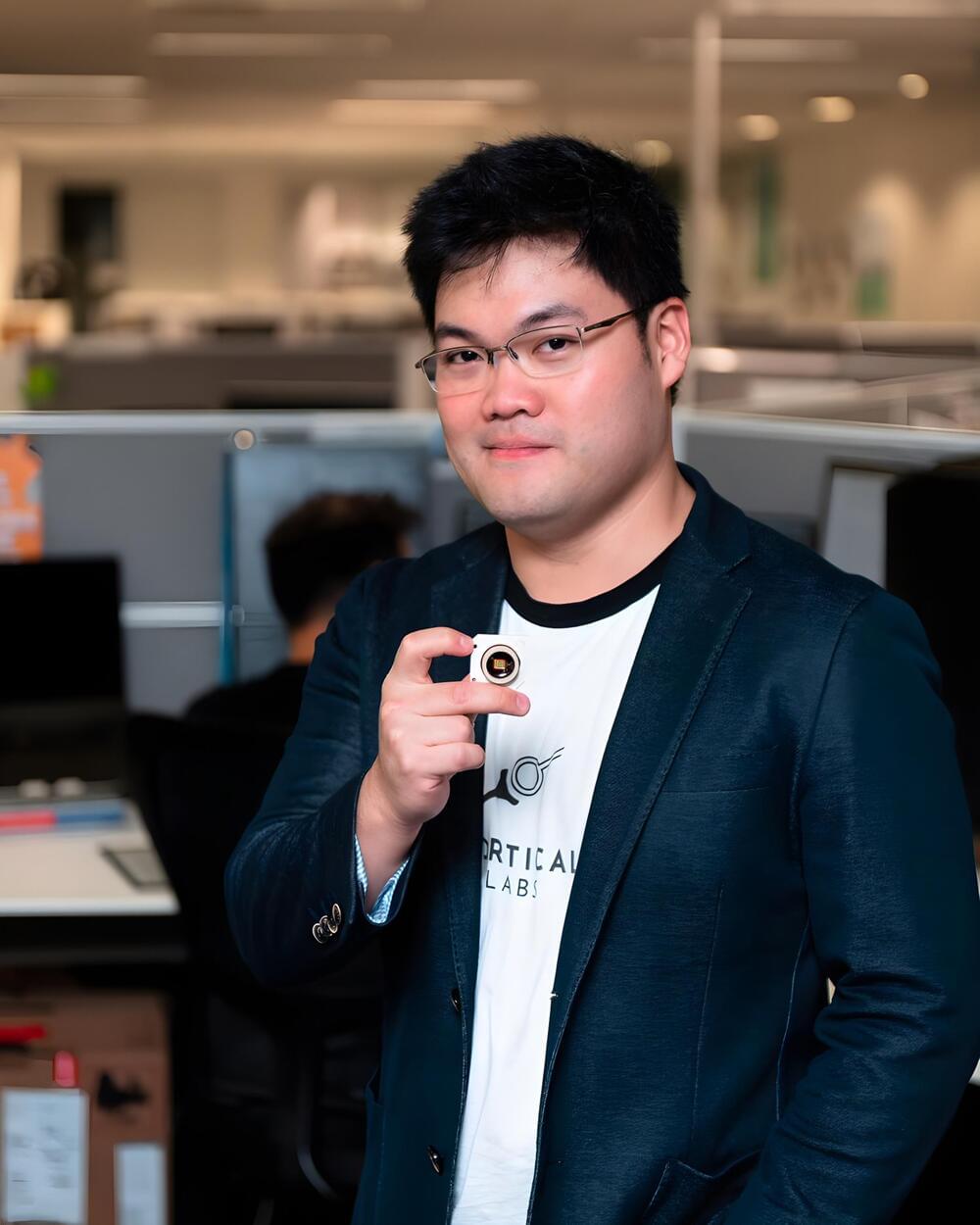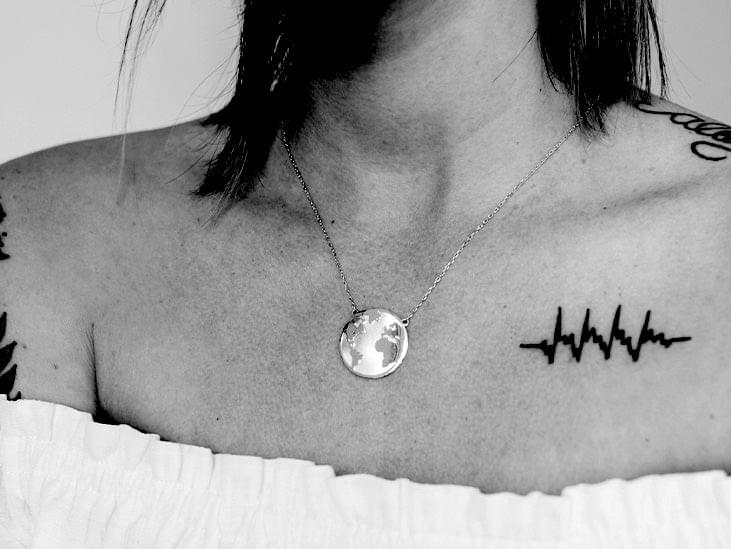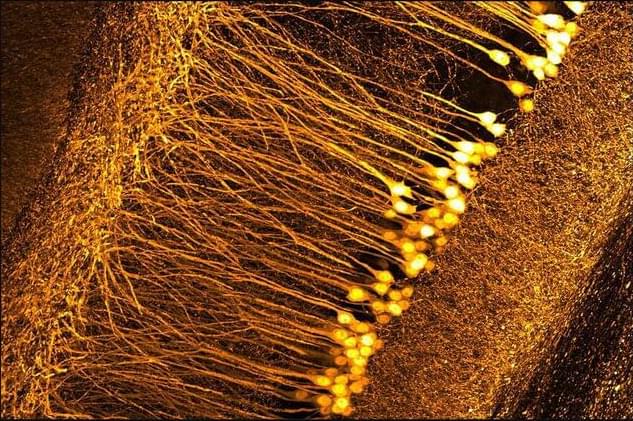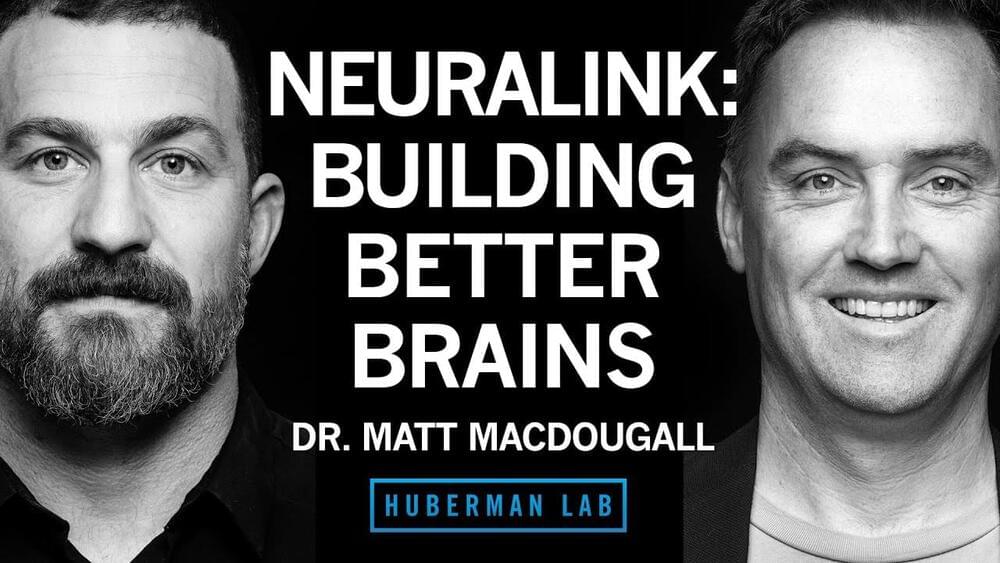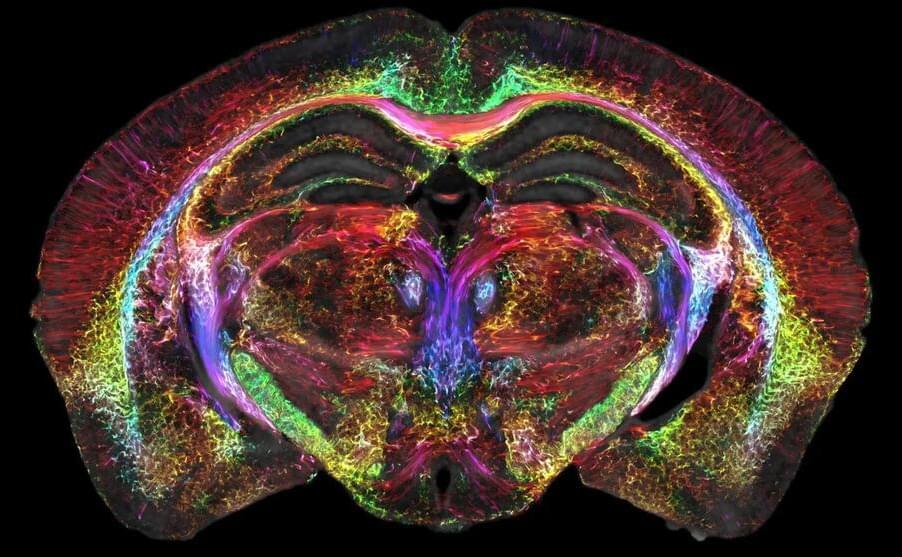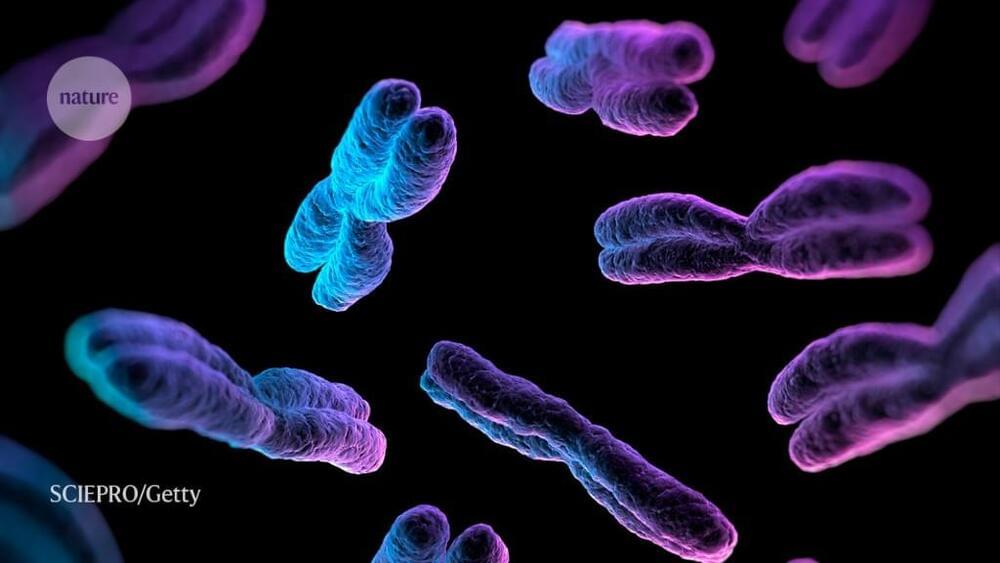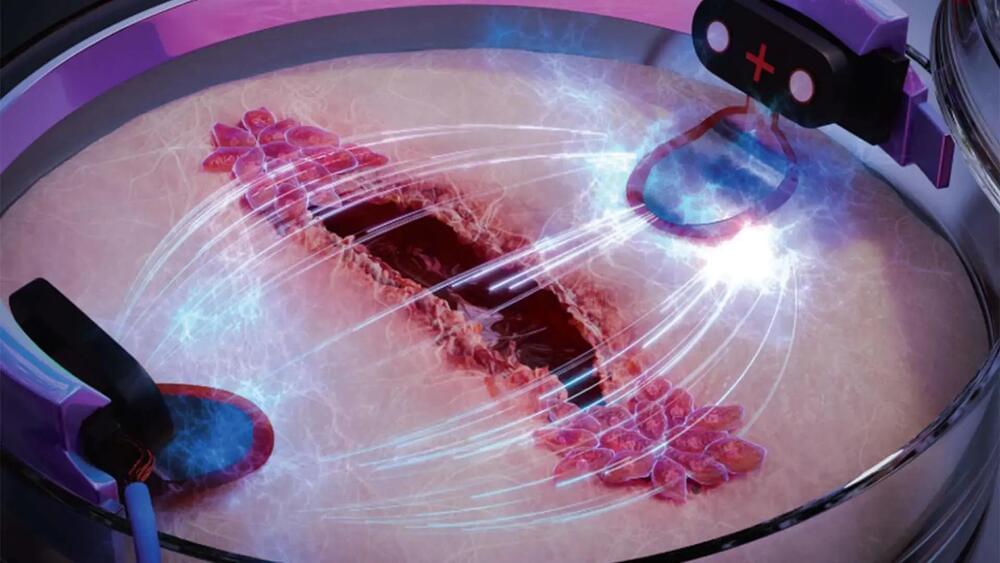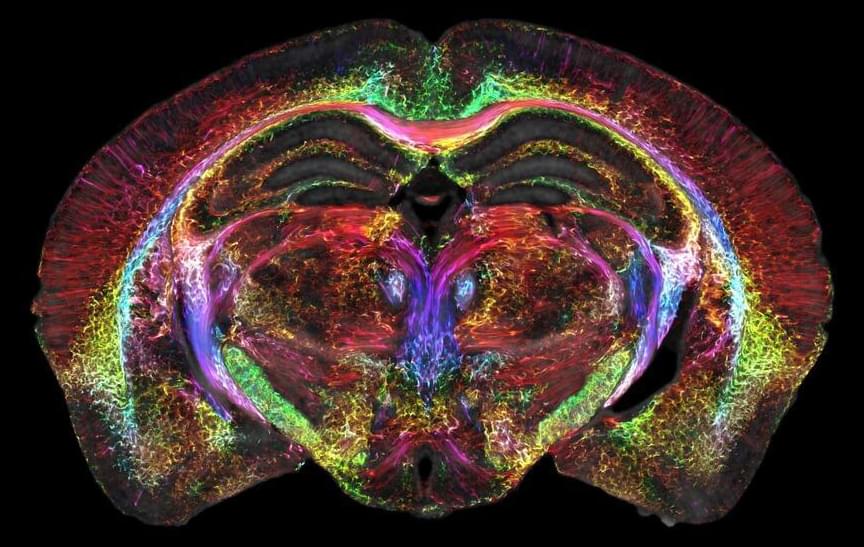Apr 19, 2023
Billionaire Li Ka-Shing Backs Biocomputing Startup That Takes On AI With Lab-Grown Brain Cells
Posted by Gemechu Taye in categories: biotech/medical, finance, robotics/AI
Cortical Labs, an Australian startup developing a new type of artificial intelligence that combines lab-grown human brain cells with computer chips, has raised $10 million in a funding round led by Horizons Ventures, the private investment arm of Hong Kong’s richest person, Li Ka-shing.
Blackbird Ventures, Australia’s leading venture capital fund, has also taken part in the financing round, Cortical Labs said in a statement on Wednesday. Other investors include In-Q-Tel, the venture capital arm of the Central Intelligence Agency, as well as U.S.-based LifeX Ventures and Australia-headquartered Radar Ventures, among others.
Cortical Labs said it will use the capital to commercialize its biological computer chips—human brain cells derived from stem cells that are grown on top of microelectrode arrays. Cortical Labs refers to their system as DishBrain, and says it’s capable of performing goal-directed tasks.
